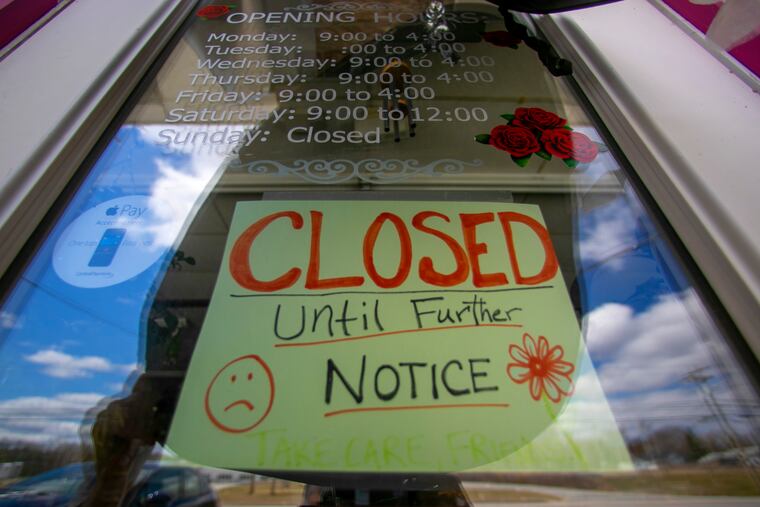Americans’ fear of job loss surges to 45-year high, Gallup poll shows
A quarter of working Americans believe it's "very likely" or "fairly likely" they will lose their job or be laid off in the next 12 months, according to a Gallup poll.

A quarter of working Americans believe it's "very likely" or "fairly likely" they will lose their job or be laid off in the next 12 months, according to a Gallup poll.
That's a 17 percentage-point swing in one year, from matching its lowest reading since 1975 to its highest, driven by the rapid impact of the coronavirus pandemic on the U.S. economy. The survey, released Wednesday, was conducted April 1 through 14.
"We've never seen this before," said Jeff Jones, senior editor at Gallup. "We've said we wouldn't believe these numbers unless we were living through it."
In the three weeks ended April 10, four days before the survey closed, nearly 19 million Americans filed for jobless benefits. Some economists see unemployment topping 20%, as soon as this month.
Expectations among minority households are even more dire, with 32% of working Americans of color saying they are likely to lose their job or be laid off in the next 12 months, compared with 21% of employed whites.
Surprisingly, respondents were still fairly upbeat about their financial situations. Almost half - 49% - said they were in "excellent" or "good" shape, compared with 56% a year ago.
"It doesn't seem like the immediate impact is that obvious, but it certainly has raised anxiety and people expect things will get worse," Jones said.
More than 4 in 10 said they couldn't go longer than a month without a job before experiencing significant financial hardship, a level roughly in line with past years. That number was highest - 53% - among respondents ages 18-34.
Asked what was the most important financial problem facing their family today, 12% voluntarily said unemployment, compared with just 3% who gave that answer a year ago. "Lack of money/low wages" was chosen by 11% this year and last.
The poll was based on telephone interviews with a random sample of 540 adults living in all 50 states and the District of Columbia who are employed full or part time. The margin of error is plus or minus 5 percentage points.